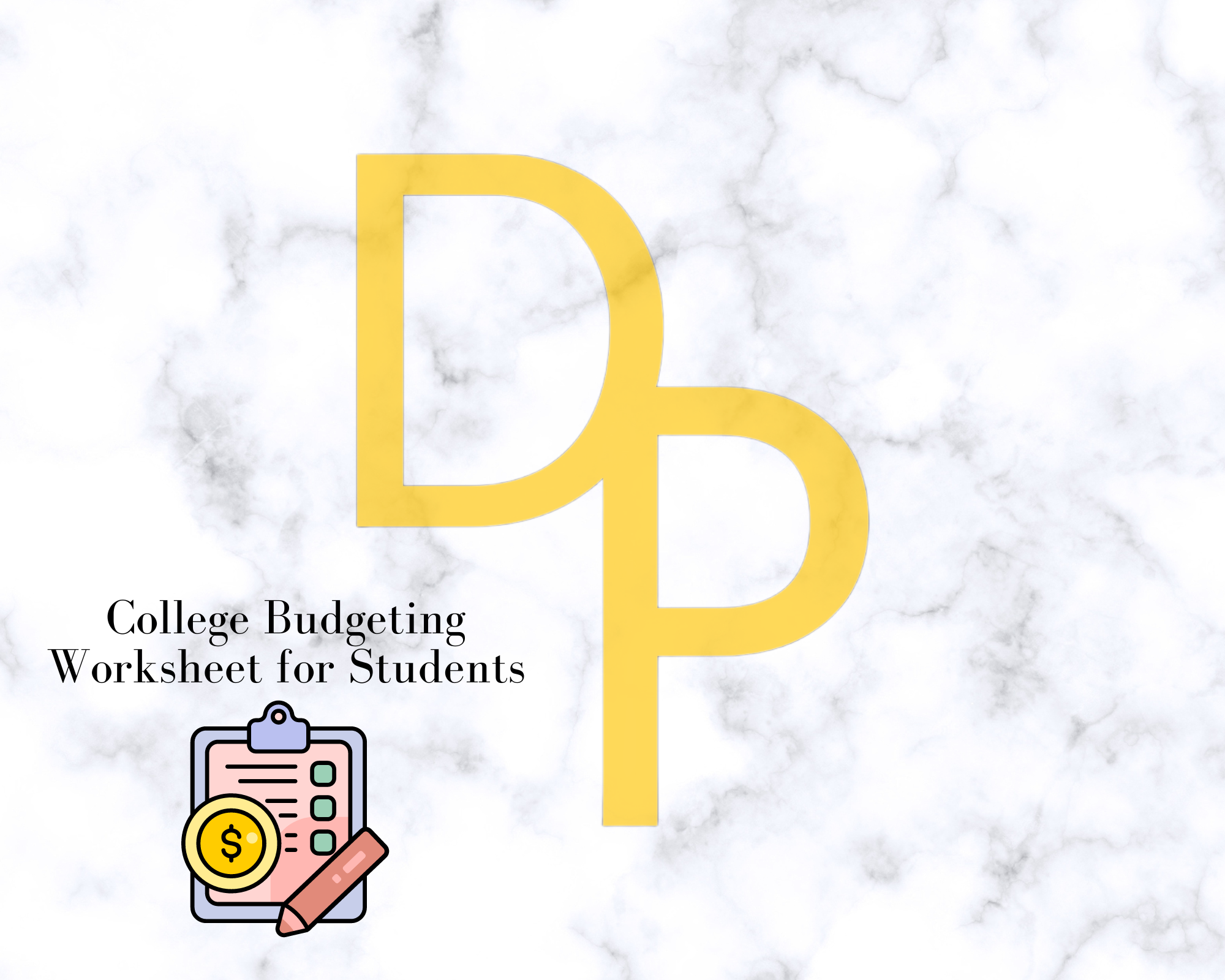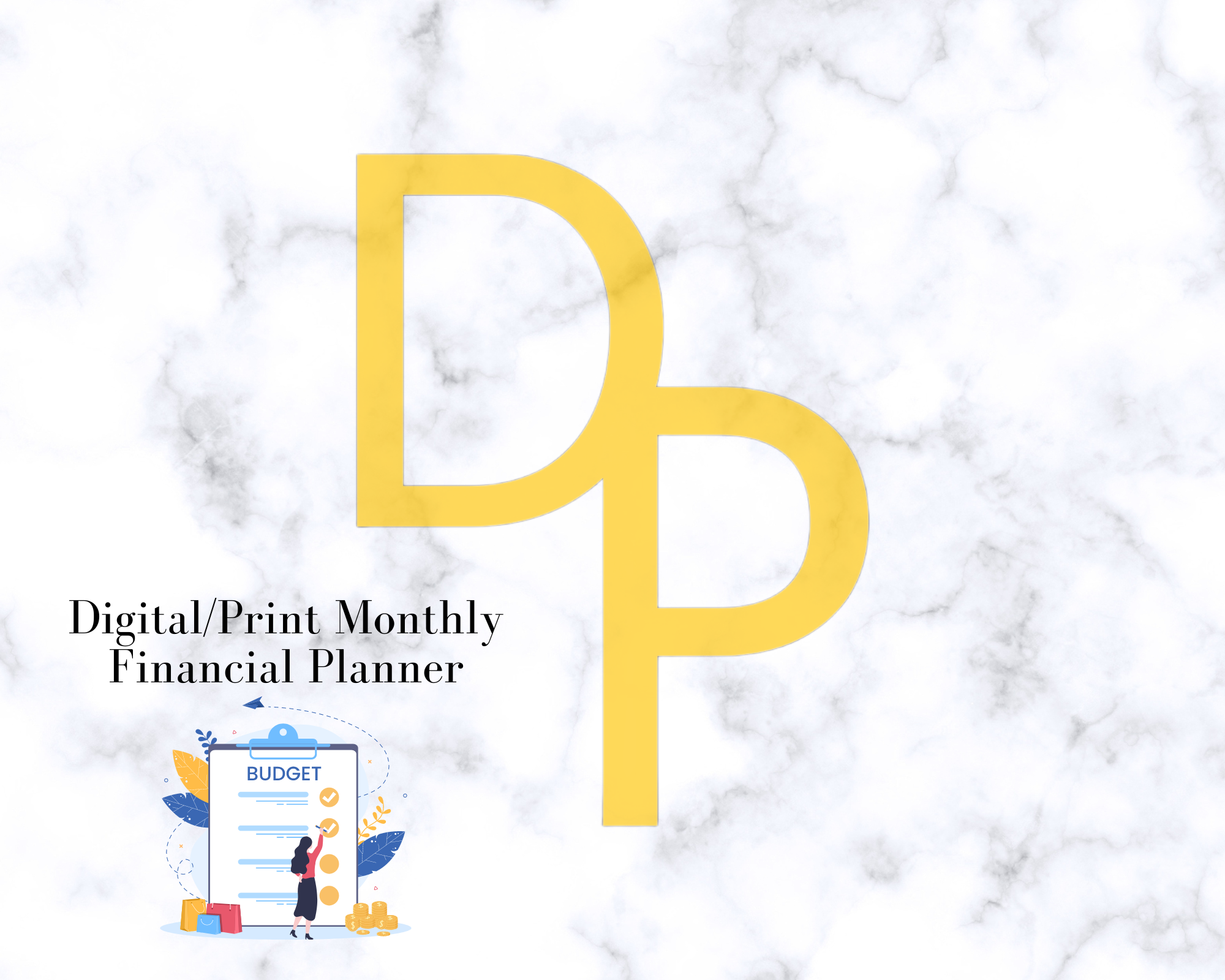Paying Down Credit Cards
*Daily Pro is not a financial firm or affiliated with any financial institutions. For specific information about managing your personal finances, please contact a financial advisor or professional.
Question: If I have balances on several credit cards, is it best to pay one off at a time or pay all the balances to under 50%?
Answer: When it comes to managing multiple credit card balances, there isn't a one-size-fits-all answer because the best approach depends on your specific financial situation and goals. However, here are a few general strategies to consider:
1. Snowball Method:
With this approach, you focus on paying off the credit card with the smallest balance first while making minimum payments on the others. Once the smallest balance is paid off, you move on to the next smallest balance. The advantage of this method is that it can give you a psychological boost by quickly eliminating one of your debts.
2. Avalanche Method:
With the avalanche method, you focus on paying off the credit card with the highest interest rate first while making minimum payments on the others. This method will save you more money in the long run because you're reducing high-interest debt more quickly.
3. Balance Transfer:
If possible, consider transferring high-interest balances to a credit card with a 0% introductory APR on balance transfers. This can help you save on interest, but be mindful of any transfer fees and the duration of the 0% APR period.
4. Pay All Balances to Under 50%:
Keeping all your credit card balances under 50% of their credit limits is a good strategy for improving your credit utilization ratio, which can positively impact your credit score. This approach doesn't necessarily mean paying off all your balances, but rather keeping the balances low relative to your credit limits.
5. Customized Strategy:
Your choice may also depend on other factors like the interest rates, any promotional offers, and your overall financial goals. If one card has an extremely high interest rate, it might make sense to prioritize that one.
6. Consult a Financial Advisor:
If you're unsure about the best approach or have a complex financial situation, it can be beneficial to consult with a financial advisor who can provide personalized guidance.
Remember that it's essential to make at least the minimum payments on all your credit cards to avoid late fees and damage to your credit score. Reducing your credit card debt is important for your financial health, and the specific strategy you choose should align with your financial goals and capabilities. If your goal is to improve your credit score, keeping your credit utilization ratio low is indeed a good idea, but if you're struggling with high-interest debt, paying down high-interest cards should be a priority.
DOWNLOAD OUR FREE BUDGETING TEMPLATE HERE.



